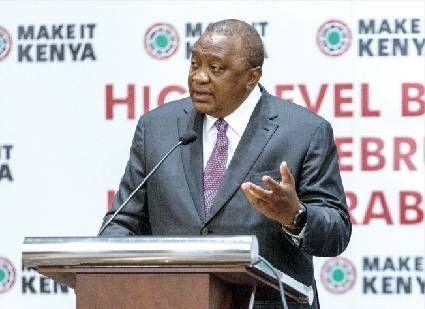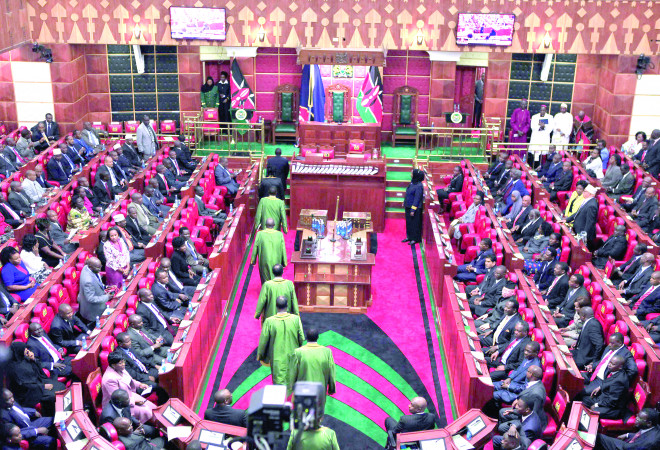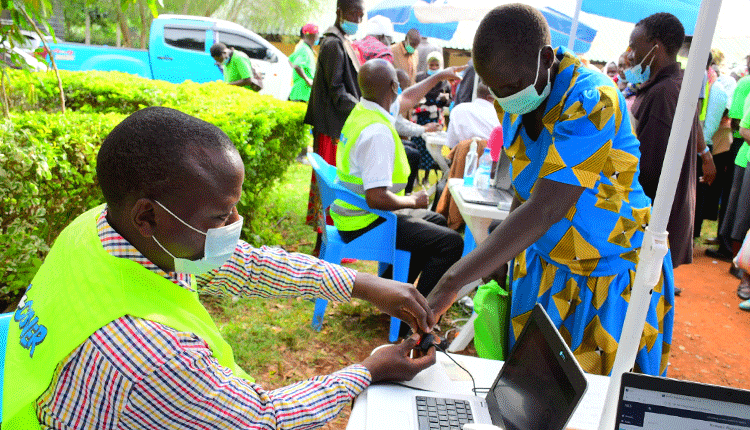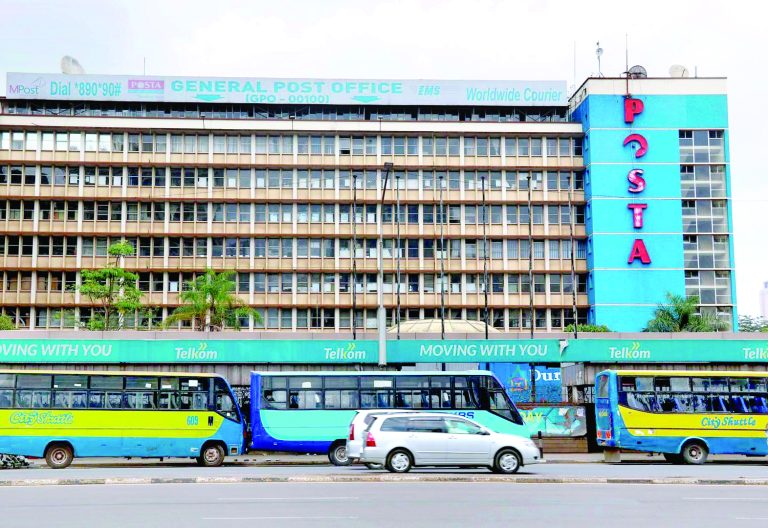Budget team decries delay in completion of Big 4 plan

President Uhuru Kenyatta’s Big Four agenda will be far from being fully realised when he leaves office this year, Parliament’s Budget Policy Statement says as it shines a spotlight on the performance of the Jubilee administration.
Parliament has observed that resource constraints and lack of proper delivery have hampered the success of each of the four pillars that were set to be achieved by 2022. For instance, it notes, under the manufacturing pillar, the target was to increase the share of manufacturing to 15 per cent of gross domestic product (GDP) by 2022.
“However, the share of manufacturing to GDP is currently estimated at 7.6 per cent,” the Budget Policy Statement for 2022/23 shows. This is lower than where Kenya was in 2018 when manufacturing was contributing 9.2 per cent to the national output. The Big Four commenced in 2018. Competitiveness Industrial Performance Index (CIP) 2020 by the UN indicates that Kenya’s manufacturing sector was ranked at 115 out of 152 countries in the world.
Heavy taxation
“To achieve high exports, product competitiveness has to be addressed,” said the MPs. The sector has over the years complained about the high of doing business in the country and heavy taxation.
“Ease of Doing Business is a ‘necessary but not sufficient condition to improve growth and prosperity. We must also look at our ability to produce goods for which there is a market at a price and quality that their market is willing to pay for,” Kenya Association Manufacturers chairman Mucai Kunyiha said. He added that while Kenya ranks in the top position within East African Community (EAC) countries in this CIP Index, a lot still needs to be done to be competitive at a global scale.
Under the agriculture pillar, the target was to achieve food and nutrition security by 2022 through large scale and smallholder productivity and agro-processing.
“The committee observes that currently there is a food crisis in some parts of the country with some two million Kenyans facing starvation in more than 20 counties,” the report says.
The most recent Global Hunger Index ranks Kenya at position 87 out of the overall 116 countries.
This is despite reports in the Budget Policy Statement that the country’s food productivity has improved.
The parliamentary committee notes that the key challenge in the agricultural pillar is low productivity which it attributes to the low provision of agricultural extension services, limited access to high-quality fertilizers, overreliance on rain and high post-harvest losses.
Under the health pillar, the target was to reach 100 per cent Universal Health Coverage catering to 50 million Kenyans by 2022. However, as of 2021, only three million Kenyans had registered for the service which is 5.8 per cent of the population. The report notes that the existing are largely due to poor implementation such as equipping hospitals with the equipment and recruiting health workers.
Affordable housing
The Departmental Committee of Parliament however said the lack of progress in the implementation was due to a lack of resources. Under the affordable housing pillar, the government has delivered 1,350 housing units so far compared to the promised 500,000 units.
The report notes that the contribution of the Kenya Mortgage Refinance Company remains very minimal in the absence of affordable financing.















